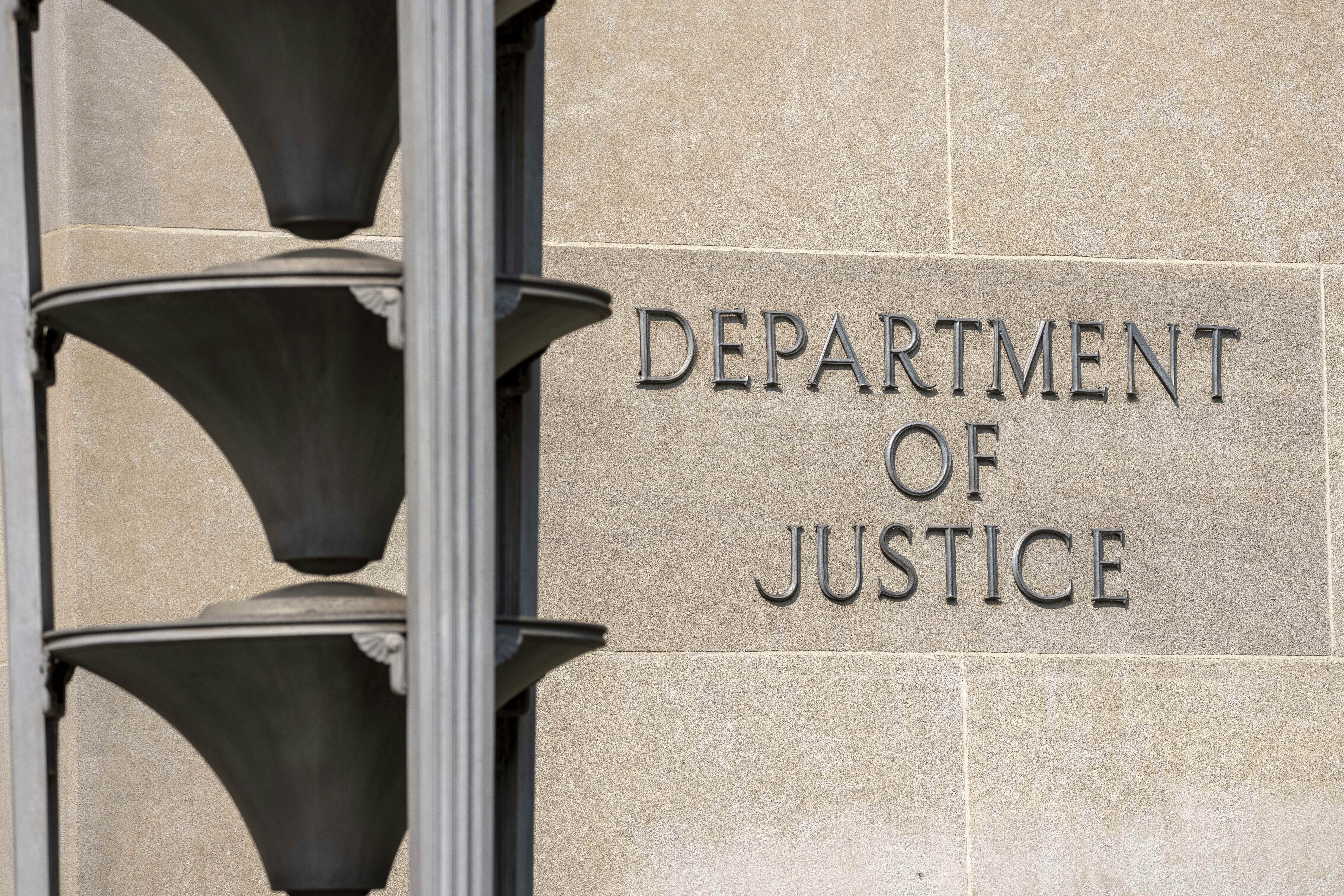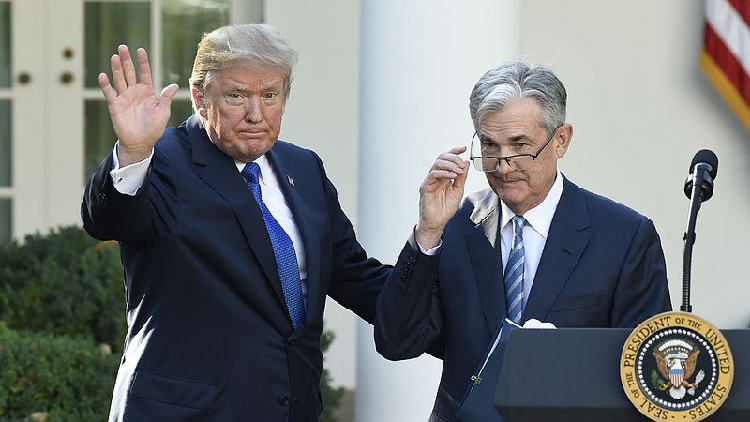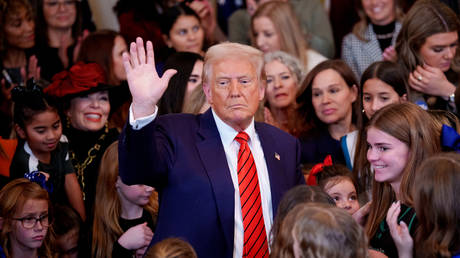DOJ to expand scrutiny of bank mergers
The new approach is sure to put the banking sector on high alert.


A top antitrust official put banks on notice Tuesday that the Justice Department is expanding its scrutiny of mergers, looking at a broader scope of criteria and further empowering independent regulators to take the lead.
Jonathan Kanter, assistant attorney general for antitrust, said DOJ’s review of bank mergers will look beyond traditional metrics of branch overlap and deposit concentration in particular markets to examine a variety of factors including fees, interest rates and even customer service. And the department will move away from negotiating deals with merging banks to divest of specific branches as part of its signoff of the union.
“We are in the process of reorienting the Antitrust Division’s role to focus on providing our advisory opinion as required by the statute and not remedies agreements with parties,” Kanter said in a speech at the Brookings Institution. “The goal is for this revised procedure to faithfully effectuate the Department’s limited — but essential — statutory role in bank antitrust enforcement and facilitate the banking agencies’ analysis of competition and other factors.”
The new approach is sure to put the banking sector on high alert. The industry has been undergoing rapid consolidation for years, and progressives have been urging the White House and Congress to take action.
In his first year in office, President Joe Biden made competition policy a focus of his administration with a wide-ranging executive orderthat highlighted the need for increased competition banking. The DOJ, along with a trio of regulators — the Federal Reserve, FDIC, and Office of the Comptroller of the Currency — is in the process of updating bank merger guidelines from 1995.
The revamp first kicked off at the DOJ during the Trump administration, with the department seeking comments on how to update the 1995 guidelines. The DOJ under Biden sought a new round of comments in late 2021.
The Justice Department has worked closely with those regulators for decades to evaluate the competitive impact of mergers, though in the past few decades that role has focused almost entirely on branch overlap and the level of deposits the combined company will control in a particular market.
Kanter said the “narrow focus on local market deposit concentration” is inadequate. The current approach “may also disproportionately focus enforcement on transactions involving small local banks and understate network concerns relating to large national and multinational banks,” he said.
He wants to revive the DOJ’s practice of issuing deal-specific guidance — known as competitive factors reports — before any decisions are made, something it hasn’t done since 1995. The department would also still be able to challenge deals approved by banking regulators under antitrust laws.
The independent regulators themselves, meanwhile, are better positioned to determine which branches might cause competitive problems “informed by their unique supervisory experience and powers,” he said.
Going forward, the DOJ will look, for example, to ensure that customers have the ability to choose among different types of lenders, such as retail banks, small business banks, and large- and mid-size business banks in any transaction, Kanter said.
“Bank competition affects the interest you earn on your savings account, the monthly payment on your mortgage or car loan, the fees you pay to withdraw cash from an ATM, the variety of financial products you can choose from, and whether your business can get an affordable loan,” Kanter said in the speech.
Among the highest priorities will be to prevent “coordinated effects with other similarly situated banks.” That includes deals that can "entrench power of the most dominant banks by excluding existing or potential disruptive threats or rivals.”
And the DOJ “will carefully consider how a proposed merger may affect competition for different customer segments” including multinational corporations, the wealthy, small businesses and blue-collar workers.
Kanter’s speech came on the 60th anniversary of the 1963 U.S. Supreme Court decision known as Philadelphia National Bank, which blocked a 1961 Philadelphia-area bank deal. The ruling not only affirmed that the banking sector is not exempt from federal antitrust law but also said mergers with more than 30 percent market share should be presumed unlawful.
Kanter said the case will be the DOJ’s “lodestar” when evaluating bank deals. According to the decision: “Competition among banks exists at every level -- price, variety of credit arrangements, convenience of location, attractiveness of physical surroundings, credit information, investment advice, service charges, personal accommodations, advertising, miscellaneous special and extra services.”












